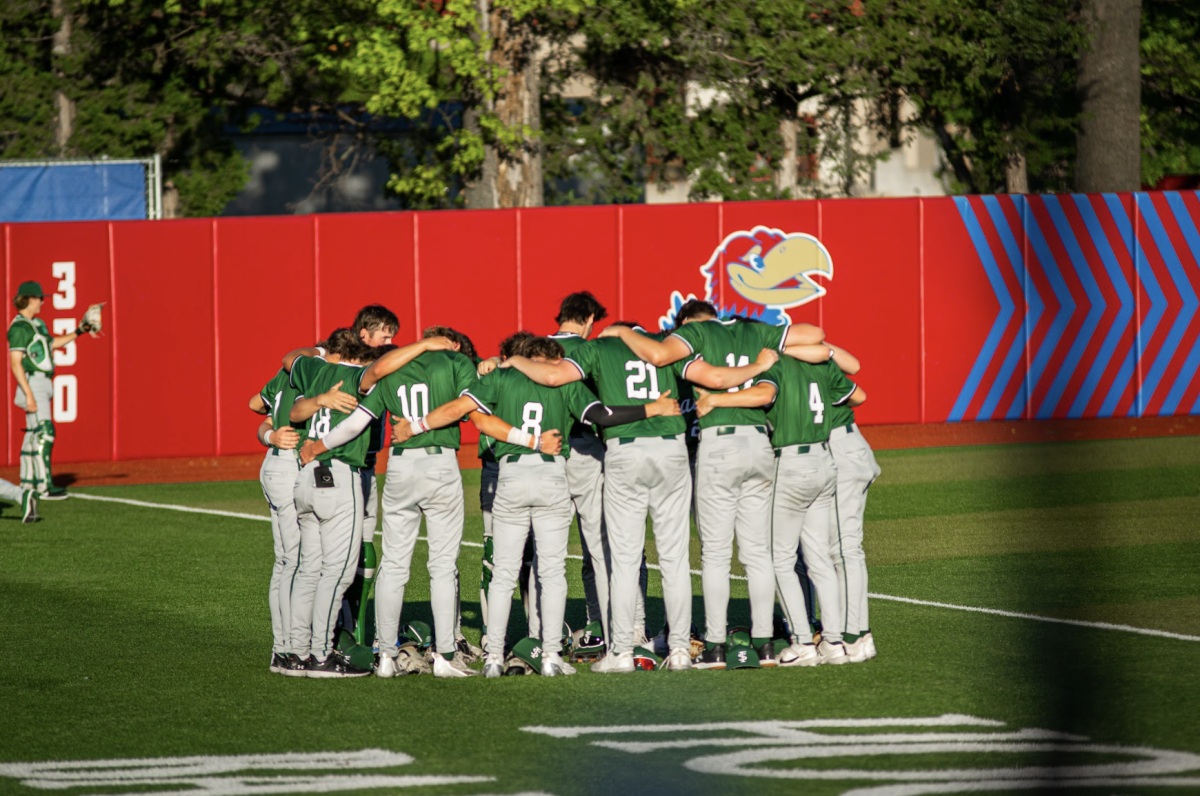According to Verywell Health, 80% of people consume caffeine on a daily basis of which 73% are children. One energy drink typically contains 500 mg of caffeine, which is equivalent to 14 cans of soda. Although, health officials recommend teenagers to have no more than 100 mg per day.
On average, high school students spend around two hours on homework each day. With school taking up eight hours of the day, students could feel overwhelmed from the workload and tend to rely on caffeine to get them by.
Teenagers are more sensitive to the effects of caffeine. This would increase the chance of long term issues such as increased anxiety, increased heart rate and blood pressure, acid reflux and sleep disturbance. And in some cases, caffeine has even resulted in death due to overconsumption.
Researchers identified 92 reported deaths due to caffeine overdose in 2018. The main cause of death being cardiac arrest. While death by caffeine is unusual, research shows that drinking six or more cups increases the chances of having a cardiac arrest by 50 times.
Caffeine is recognized as the most used drug in the world. Expectly, since 29% of the population does not know the safe consumption amount. Caffeinated drinks are easily accessible for teenagers who are trying to get through a stressful school week leading to possible unhealthy practices.























